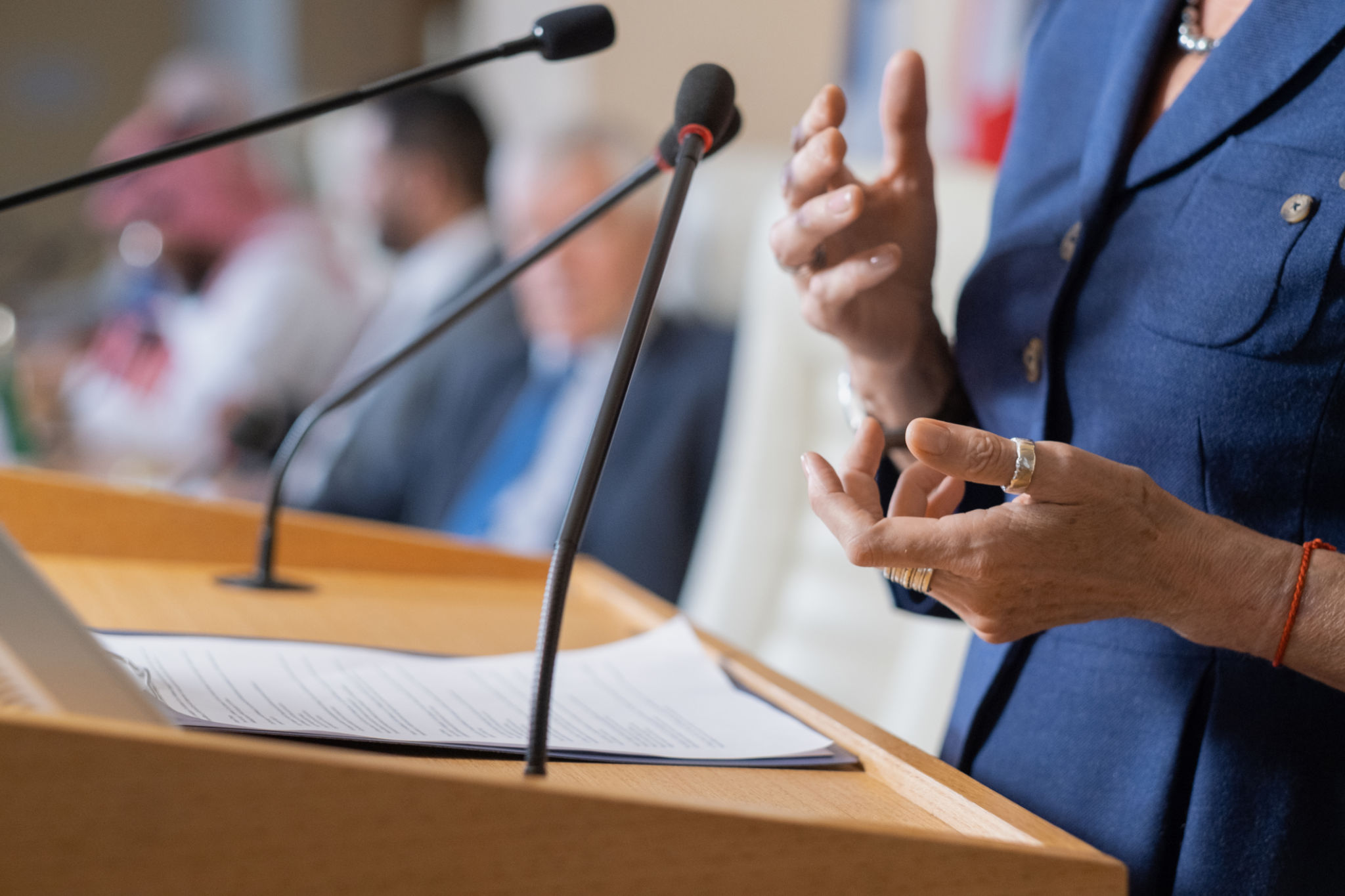Understanding the Challenges of Female Leaders in South America: An Expert's View
Introduction to Female Leadership in South America
In recent years, female leadership in South America has been gaining momentum. Women are stepping into roles of authority and influence, challenging traditional norms and breaking barriers. Despite these advancements, female leaders in this region still face numerous challenges that are both unique and complex. Understanding these challenges is crucial for fostering an inclusive and equitable environment for future generations of female leaders.

Societal and Cultural Barriers
One of the most significant challenges female leaders in South America encounter is the deeply rooted societal and cultural norms that prioritize male leadership. These norms often manifest in the form of gender biases and stereotypes, which can undermine the authority and credibility of women in leadership positions. Overcoming these barriers requires a concerted effort to change perceptions and promote gender equality.
Additionally, many women face expectations to fulfill traditional roles at home, which can limit their professional growth and opportunities. Balancing work and family responsibilities is a challenge that many female leaders must navigate, often without adequate support systems in place.
Economic Disparities
Economic disparities also play a significant role in the challenges faced by female leaders in South America. Women often earn less than their male counterparts, even in leadership roles, which can hinder their ability to access resources and opportunities necessary for success. This economic inequality is compounded by limited access to education and professional development opportunities for women in certain regions.

Efforts to close the gender pay gap and provide equal opportunities for education and advancement are essential steps toward empowering female leaders. Organizations and governments must work together to implement policies that promote economic equality and support women's professional growth.
Political Challenges
Political environments in many South American countries can be challenging for female leaders. Women often face discrimination and resistance when attempting to enter or navigate political arenas. The underrepresentation of women in politics further perpetuates gender imbalances and limits the perspectives and policies that address the needs of women.
Encouraging more women to participate in politics and supporting those who do is crucial for creating a more balanced political landscape. Initiatives that promote female political participation and leadership can help break down barriers and create pathways for future generations of women leaders.

Strategies for Overcoming Challenges
Despite these challenges, there are strategies that can help female leaders in South America overcome obstacles and succeed. Building strong networks and mentorship programs can provide invaluable support and guidance. These connections can help women navigate complex professional landscapes and open doors to new opportunities.
Furthermore, promoting awareness of gender issues and advocating for policy changes can help create environments that support female leadership. Empowering women through education, training, and access to resources is essential for fostering a new generation of confident and capable female leaders.
The Role of International Support
International organizations can play a crucial role in supporting female leaders in South America by providing funding, resources, and platforms for collaboration. These organizations can help highlight the achievements of female leaders, amplify their voices, and advocate for policies that promote gender equality.

By working together, local governments, businesses, and international entities can create a more inclusive environment where female leaders can thrive. Sharing best practices and learning from global experiences can accelerate progress toward gender equality in leadership.
Conclusion: A Path Forward
Understanding the challenges faced by female leaders in South America is an important step toward creating a more equitable future. By addressing societal norms, economic disparities, political barriers, and leveraging international support, we can pave the way for more women to step into leadership roles across the region.
The journey toward gender equality in leadership is ongoing, but with collective effort and commitment, significant strides can be made. Empowering female leaders not only benefits women but also enriches societies as a whole, driving innovation, diversity, and progress.